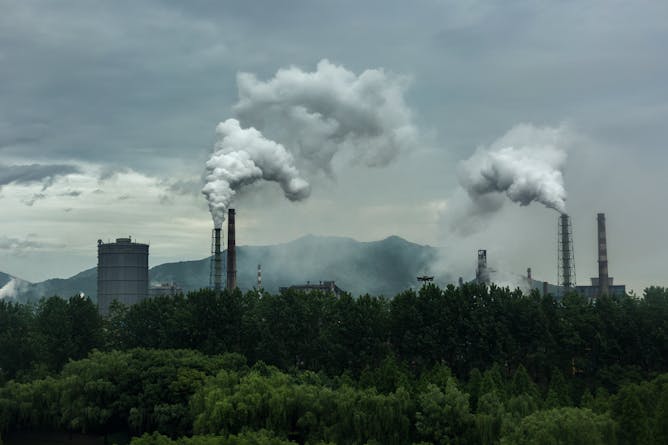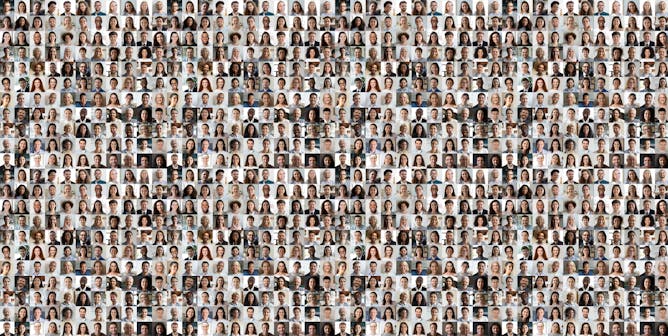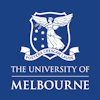|
Early Wednesday, the Israeli military said it had entered Al-Shifa Hospital in Gaza City, where thousands of civilians are sheltering and conditions have deteriorated sharply in recent days, to carry out what it described as “a precise and targeted operation” against Hamas militants.
As the world watches on with increasing alarm, calls are growing louder for a ceasefire in a war that has already claimed the lives of more than 11,000 Palestinians and 1,200 Israelis.
At the White House this week, Indonesian President Joko Widodo said a “ceasefire is a must for the sake of humanity.”
But what exactly is a ceasefire, and why are they so difficult to agree on?
Marika Sosnowski, a University of Melbourne research fellow who studies ceasefires, explains that even getting two sides in a conflict to agree on the right terminology is a challenge. Some prefer “humanitarian pauses” to a “ceasefire”, while others prefer the term “truce”.
Instead of focusing so squarely on achieving an overall halt in fighting (whatever we want to call that), she says we can lose sight of other points of agreement that can save lives, such as how to allow aid convoys into an area.
Ceasefires can also be problematic, she writes, if they are agreed to without taking into account the long-term implications for civilians.
Given the suffering of civilians on both sides of the Israel-Hamas conflict, it is imperative some form of ceasefire happens, Sosnowski writes. But how we get there is still uncertain.
|

|
Justin Bergman
International Affairs Editor
|
|

Marika Sosnowski, The University of Melbourne
Virtually as old as conflict itself, a ceasefire is a way of formalising a halt to violence between warring parties. But ceasefires can come in many different forms, leading to disagreements.
|

Helen Bird, Swinburne University of Technology
The Optus chief will face some tough questions about the company’s poor handling of last week’s catastrophic network outage when she appears before a Senate inquiry.
|

Michelle Grattan, University of Canberra
An independent review finds the projected cost of Australia’s $120 billion infrastructure pipeline has blown out by $32.8 billion.
|

Christopher Byrne, University of Nottingham
Sunak recently attacked ‘30 years of the status quo’ and promptly appointed a man who governed for six of those years to his top team.
|

Marc Collinson, Bangor University
Some former leaders provide a much needed steady hand. Others just steal the limelight.
|

Nataliya Ilyushina, RMIT University
The chatbot has been released to a small group of testers and some of X’s Premium+ subscribers – many of them have shared their initial thoughts.
|

Michelle Grattan, University of Canberra
In this podcast, Liberal Senator James Paterson joins The Conversation to discuss the High Court's ruling, his concerns about rising anti-Semitism, rising cyber risks, and Australia's future relations with China
|

Anna Skarbek, Climateworks Centre; Anna Malos, Monash University; Michael Li, Monash University
It’s still possible for Australia to cut emissions in line with holding climate change to 1.5°C. Here’s how.
|

Mike Joy, Te Herenga Waka — Victoria University of Wellington
The idea that harm done today can be offset in the future is based on a basic misunderstanding of the carbon cycle. Planting more trees is important – but it’s no substitute for cutting emissions.
|

Hugh Breakey, Griffith University
Is social justice advanced by focusing on people’s different identities? Or is this worldview ultimately a trap?
|

Christine Carson, The University of Western Australia; Lucy Furfaro, The University of Western Australia
Researchers are desperately seeking viable alternatives to antibiotics. So what is phage therapy? And how could it help?
|

Stephen Gaunson, RMIT University
The new series on Stan is most successful through its links to rural crime noir, pulling apart the vulnerability and deception of this small town.
|
Politics + Society
|
-
Simon Avenell, Australian National University
Japan’s baby boomers rode the wave of the country’s postwar success. Now, as their society ages, they must now face their generational responsibility.
-
Mona Krewel, Te Herenga Waka — Victoria University of Wellington
We found the number of “big lies” – also known as fake news – didn’t increase in 2023 compared to 2020. But we did spot more “small lies” this time. Here’s what to look out for in coming elections.
|
|
Health + Medicine
|
-
Nial Wheate, University of Sydney; Joanna Harnett, University of Sydney
PanaNatra is a line of herbal products from the makers of Panadol. But can herbal ingredients relieve different types of pain?
-
C.J. Cabilan, The University of Queensland
Nurses say violence is treated as ‘part of the job’ or believe patients can’t be held accountable for their assaults if they are intoxicated or distressed.
|
|
Science + Technology
|
-
Erin Madden, University of Sydney; Katrina Prior, University of Sydney; Louise Thornton, University of Sydney
Even people with years of relevant training can’t always tell whether social content is evidence-based and trustworthy. We need a better approach for communicating research.
|
|
Environment + Energy
|
-
Maarten De Brauwer, CSIRO; Oliver Berry, CSIRO
Every living thing leaves traces in its environment. By sampling water or even air for this environmental DNA, we can know which species live where.
|
|
Business + Economy
|
-
Julie P. Smith, Australian National University; Catherine Pereira-Kotze, University of the Western Cape; Karleen Gribble, Western Sydney University
The report of the Women’s Economic Equality Taskforce mentions birth only twice, and breastfeeding not at all. Yet, properly valued, breastmilk contributes $154 per litre to the Australian economy.
|
|
| |
|
|
|
The Conversation AU
Melbourne VIC, Australia
•
Full Time
|

|
|
The Conversation AU
Melbourne VIC, Australia
•
Full Time
|

|
|
The Conversation AU
Melbourne VIC, Australia
•
Full Time
|

|
|
|
|
| |
| |

|
| |
| |
| |
Featured Events, Courses & Podcasts
|
View all
|
|
1 January 2023 - 7 October 2026
•
|

|
21 - 22 November 2023
•
Melbourne
|

|
|
|

|
29 November 2023
•
Online Event
|

|
|
|
|
| |
| |
| |
| |
| |
|
|